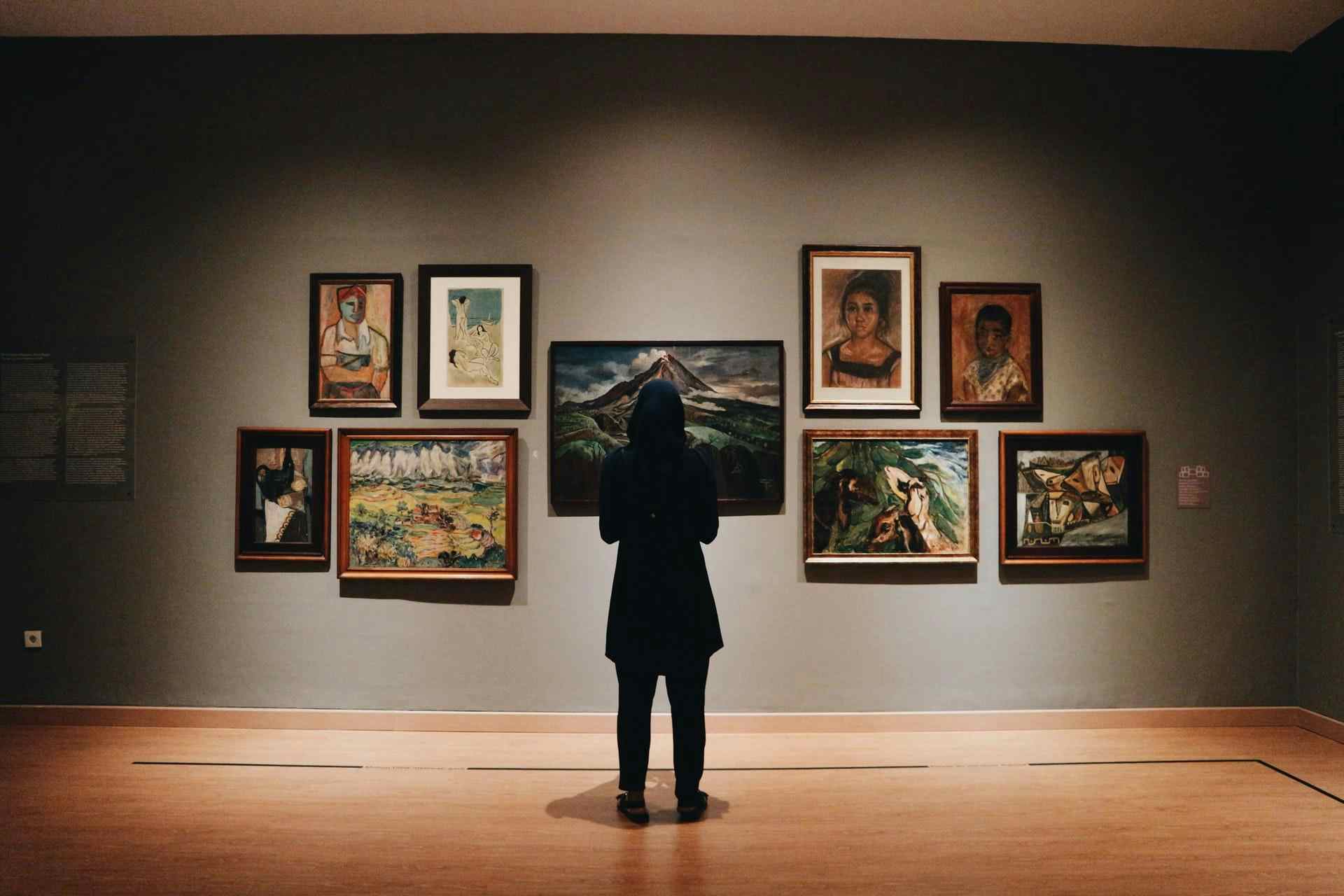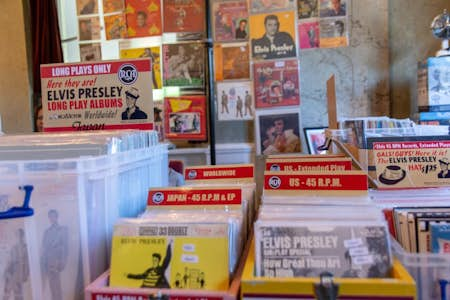Art and culture are all around us, yet it's easily possible to go through life neglecting what's on offer. Experiencing art and culture doesn't have to be complicated or expensive. It might be a case of visiting a free art gallery or museum or losing yourself in a new city, town or village.
While the fine arts and culture were once somewhat inaccessible to the public, this has changed dramatically over the years.
Museums such as the Natural History Museum, Science Museum, British Museum, National Gallery, Victoria and Albert Museum and the Tate galleries play a pivotal role in the history of the United Kingdom. These are free to visit, although there may be a cost for admission to specific exhibitions.
Exploring the arts and culture in later life is fulfilling, fun and inspiring, and getting involved is easy!
Exploring the performing arts
The performing arts span music, theatre, comedy, opera, ballet, dance, magic and the circus arts.
Performance arts events take place at every level, from the grandeur of the opera house or West-end theatre to the comfort of the pub. Launch a search on Google or Facebook to find local performance arts events. You might even be able to get involved if you’re that way inclined!
Exploring the visual arts
Whether you want to immerse yourself in the traditional masterpieces of the National Gallery or immerse yourself in some modern art and contemporary art courtesy of the Tate Modern, the United Kingdom is brimming with art galleries.
London understandably contains the majority of museums and galleries in the UK and hosts the Royal Academy of Arts and numerous other arts and cultural institutions. Still, the Tate Liverpool and Tate St. Ives are excellent, as are Glasgow's Kelvingrove Art Gallery & Museum and the Scottish National Gallery in Edinburgh.
The UK's museums are back with a bang post-pandemic, and visiting numbers are well-up compared to 2020. There are special events and exhibits taking place throughout the year, so be sure to check what's going on when you plan to visit.
Explore culture on the streets
Culture isn't just confined to museums and galleries; it is present throughout our lives.
You can find cultural events practically anywhere, from small villages to city centres. Take the annual Gloucestershire Cheese Rolling event on Cooper's Hill, Weighing in the Mayor, and the Whittlesea Straw Bear Festival. These are just three examples of how cultural events take weird and wonderful forms. Check out some of the UK’s strangest traditions to find cultural events you’ve probably never heard of before.
The UK Arts Council's "Culture on the High Street" program seeks to invest in local venues and events to bring culture to people's doorstep. From craft fairs to book clubs and open mic nights, participation is usually free, and crowds are brimming again as the pandemic subsides.
Explore culture online
While culture is all around us, it's now possible to explore culture online.
Google Arts and Culture is a wonderful tool which allows users to discover high-quality, curated content from all over the world. You can view the Mona Lisa and some of Van Gogh’s greatest works, hike up Mount Fuji or explore the Great Wall of China. There are even virtual reality tours that allow you to step inside world-class museums from your own home.
You can also find articles, videos and interactive experiences, and the games section is perfect for whiling away some spare time. In addition, you can get up close and personal with some of the world's most revered landmarks, objects and locations, from the Taj Mahal to the Alhambra Palace and New York's iconic skyline.
Get down to street-view in the cities you’d love to visit with Google Earth. These digital cultural toolkits can help you plan an actual visit or experience places you've never been before from anywhere with an internet connection.
For film and TV, you can't beat YouTube and Netflix, where you'll find loads of free docs from indie and well-known filmmakers. Hop on Reddit’s Netflix thread and join millions of millennials in the culture of discussing the latest and greatest shows on the world-famous streaming platform.
Explore the humanities
The humanities include ancient and modern languages, philosophy, law, history, literature, archaeology, anthropology, geography, religion and art.
Studying the humanities is a humbling exercise, and you can get started with our list of 20 non-fiction books. Getting engaged with a new unique hobby can also foster an interest in the arts and culture in later life.
How to find art and cultural events
There are many ways to locate arts and culture events, ranging from gigs and theatre productions to stand-up comedy and culture projects.
The BBC’s Arts centre is excellent for staying up-to-date with the latest news and stories from within the creative industries. In addition, you’ll find many links to performances, documentaries and other cultural media on iPlayer.
Ticketmaster’s website is excellent for finding gigs and music events, as is Reverbnation. Simply typing 'gigs near me' or 'events near me' into Google will give you plenty of ideas for things to do.
Searching for events on social media should also yield a trove of results. For example, Facebook’s events search is excellent for finding smaller events in your local area or somewhere you’re visiting.
Exploring the arts & culture for the first time in later life
There’s a lot to gain from immersing oneself in the arts and culture, even if you’re not typically that way inclined. In this day and age, culture is more diverse than ever, and the internet has made it easier to connect to culture in all its forms.
We spoke to Stephen Feather, from Contemporary Art Projects, who told Age Times: "The arts are booming again and whether you’re an art buff or a drama enthusiast there are some great hints and tips about where you can get your culture fix from here.
"There are still plenty of exciting experiences which you can take part in from the comfort of your computer and this great round up of arts and culture encourages anyone who wants to dive in. So, if you’re a culture vulture why not try something new. The world is your oyster!"
Culture never sleeps, from the theatre to the pub, village hall, and city centre. So, if you want to get involved, it’s waiting for you!








